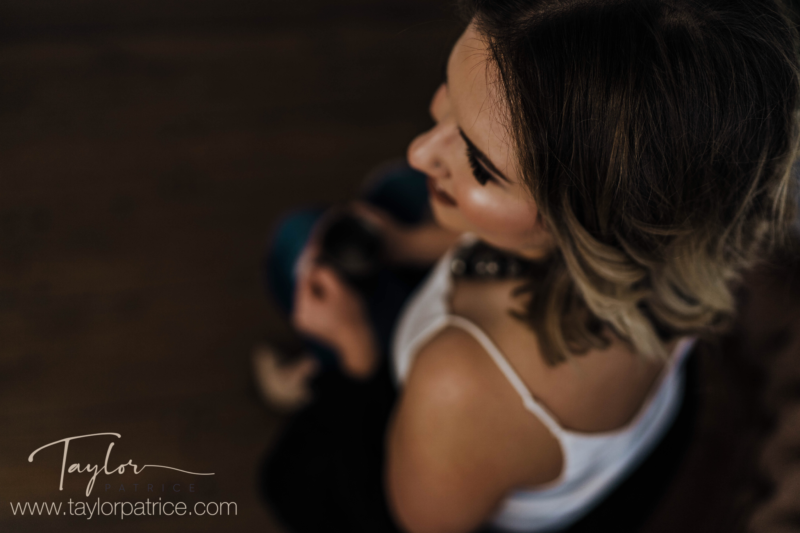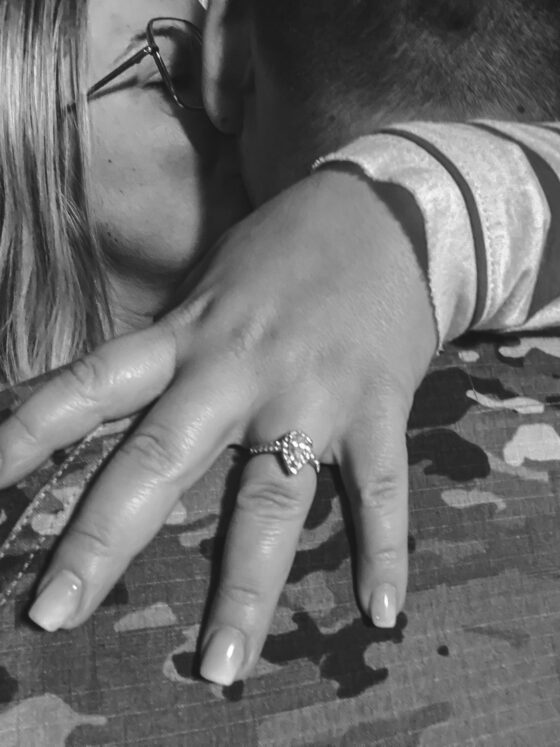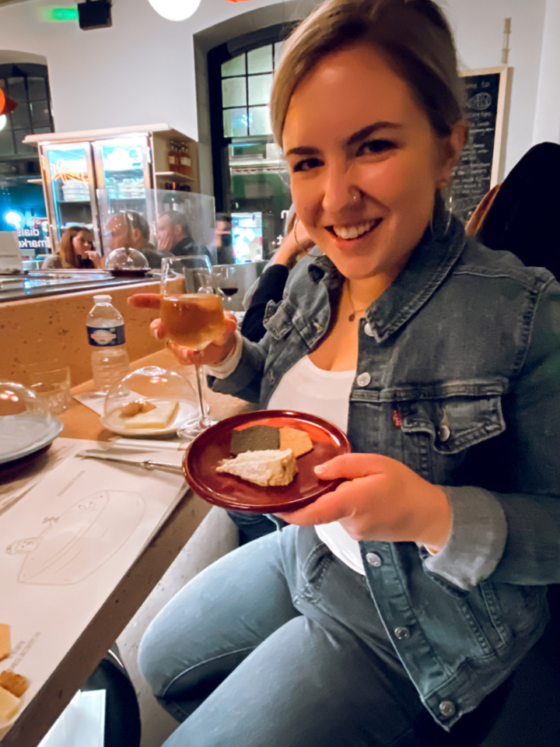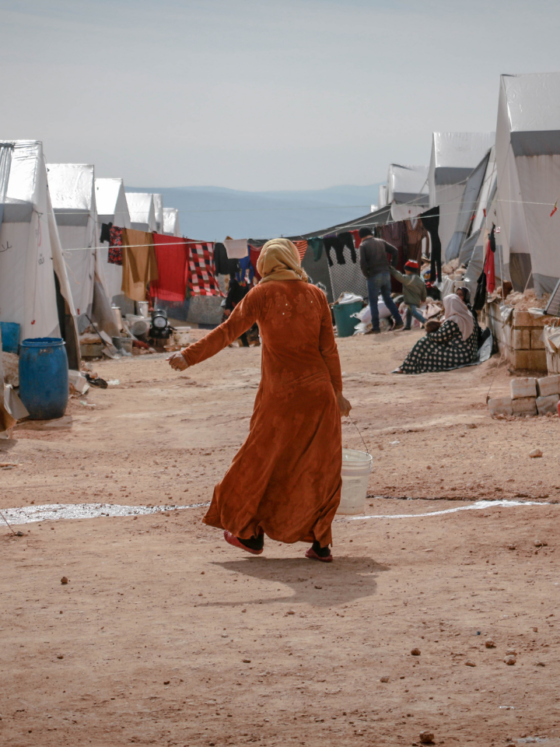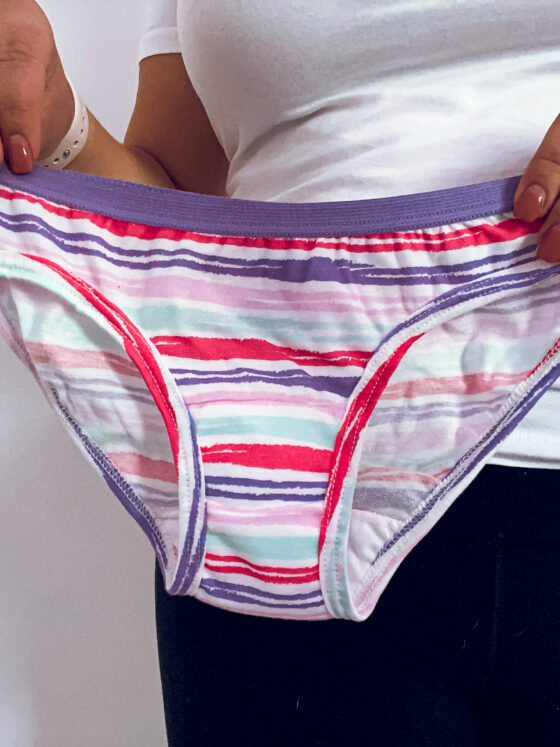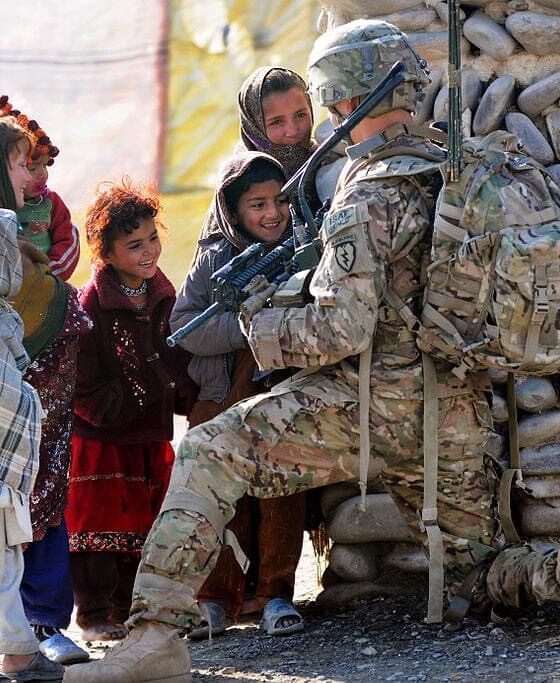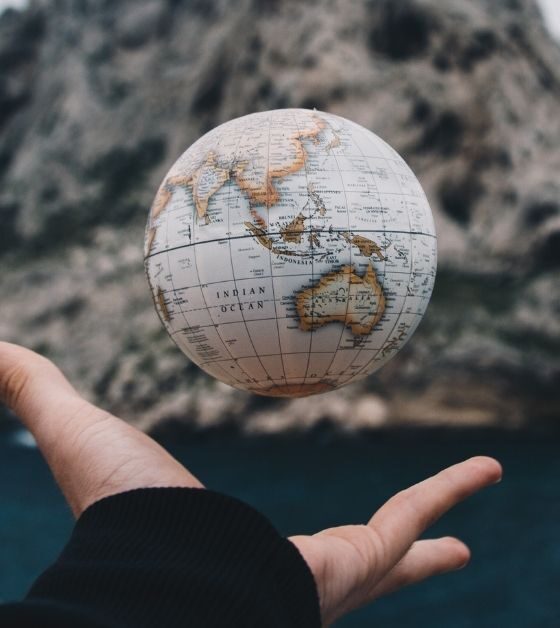Dear Reader,
I am so excited to be adding the “Make a Difference” section to the blog. I think people getting intentionally involved in their community is a really cool thing. Whether you care about people, animals, the environment, or other, there is always a way we can improve life for one another.
I have been involved with the volunteer, non-profit world for as long as I can remember, either as a volunteer in some capacity, or as an organizational leader on the professional side of things. Here are the few things I have learned over the years that one needs to decide before they go out and make the world a better place.
You will have to decide your “why.”
This is the most important step to getting involved. I hear so often that people want to get involved; that they want to make a difference, but they just don’t know how. “How” comes after “why.” “How” is important, but “why” is far more important. Good work without a “why” isn’t sustainable.
Pick a cause that interests you and you think is important, and figure out why it is important to you that things be changed. I want to stress again, pick a cause that you think is important.
There are a lot of causes out there that people are going to say is the most important, and they are probably right, but you have to find what you can do, and do it well and passionately. We all have different skills and interests, and that’s what makes doing this kind of work really incredible, so you need to find what speaks to you. There will be other people to take up other causes that speak to them on a deeper level, the way the cause you chose speaks to you. You don’t have to take up every cause. Pick one and get involved, learn the facts, and invest yourself. Your “why” will make you better at doing whatever you do.
Everything we do has second and third order effects, so knowing your why also helps you to not do harm in the name of doing good because a decision you made wasn’t well thought out.
You will have to decide you are willing to engage in uncomfortable feelings.
The reality of getting involved is that you are going to feel some not pleasant feelings, and you are going to have to be okay with that.
The first step to getting involved is generally a sense of feeling good because you are making a difference, and that can be empowering. The more you get involved and learn about the problems, the more daunted you are going to feel. The more you see hard things, the more angry or sad or frustrated you are going to feel.
Helping happens when you decide that you are comfortable with uncomfortable feelings. Be careful not to decide these are “bad” feelings. These are actually “learning” feelings, and for the most part these feelings mean you are growing. Allow yourself time to feel these feelings. Then use them to empower your “why.”
You will have to decide your boundaries.
I cannot stress this one enough, and I mostly stress this one because it comes from a place of personal experience.
I personally have been one to fling everything I have into the work I am doing – all of my time with every skill in my arsenal, with every ounce of heart I have in me. I have seen so many of the helper type people do this.
At the end of all their energy, they burn out.
They burn out because one person up against everything is never going to be enough, but the helper types tend to think that if they don’t do it, no-one else will, and whatever they are doing deserves as much passion as they can give.
Maybe all of that is true, but helping is truly the story of The Tortoise and the Hare. Slow and steady wins this race, because if you don’t go slow and steady, you will burn out, and then that’s one less passionate helper in the fight.
So while you are helping, take time to maintain personal balance.
You will have to decide you aren’t going to quit when you see how much you are up against.
Regardless of what you choose to do to make the world a better place, you are up against a lot. You are up against a lot if you are engaging in environmental issues, human issues, or animal issues. You are up against a lot whether you pick foreign or domestic issues. Let me repeat, you will be up against a lot.
There is no area of helping you will be void of hard work.
When you see how much work there is to be done, most people go through the experience of questioning what difference they can make. “What can I do?” is the same question 7.7 Billion people are asking themselves, and look at where it has gotten us. Instead of talking about the story of the starfish, I will just say, you can make a whole hell of a lot of difference with perseverance.
So I am going to ruin the ending for you so we can just get that out of the way – you alone will not solve whatever the problem is you take on, but you are capable and you are enough to make a difference.
You will have to decide that the people involved in whatever you choose to do are not the enemy.
Maybe this seems obvious to you, but I have spent years of my life counseling people on this concept.
Some of the problems out there are man-made. That does not make the people your enemy. We are not up against each other.
If you really want to make a difference, a truly lasting difference, you cannot demonize the people you work with who see things differently than you, or the people who seemed to cause the problem you are now “fixing.”
Your enemy is not the people – it is the hurt that caused the person to create more hurt, it is the poor education that caused them not to think through the second or third order effects, it’s the lack of empathy that they have learned or cultivated.
If someone smacks you with a stick, do you blame the stick, or do you blame the hand wielding the stick? The hand of course. Well you need to think of the people, as the stick, and consider that there may be a greater force driving that behavior. Go after the force.
If you want to make lasting change, you don’t attack the people, you attack the cyclical problems that shaped the people in such a way that problems evolved.
So this means you partner with people you may feel inclined to believe you are against, and at first that might be really hard.
Do it anyway.
It is incredibly important to remember, that in whatever you do, most people are doing the best they can, with what they know, and what resources they have at their disposal.
Remember this, and you will be better at working with people, and therefore better at accomplishing whatever you are hoping to accomplish.
Happy helping ya’ll.
Cheers,
Taylor Patrice
